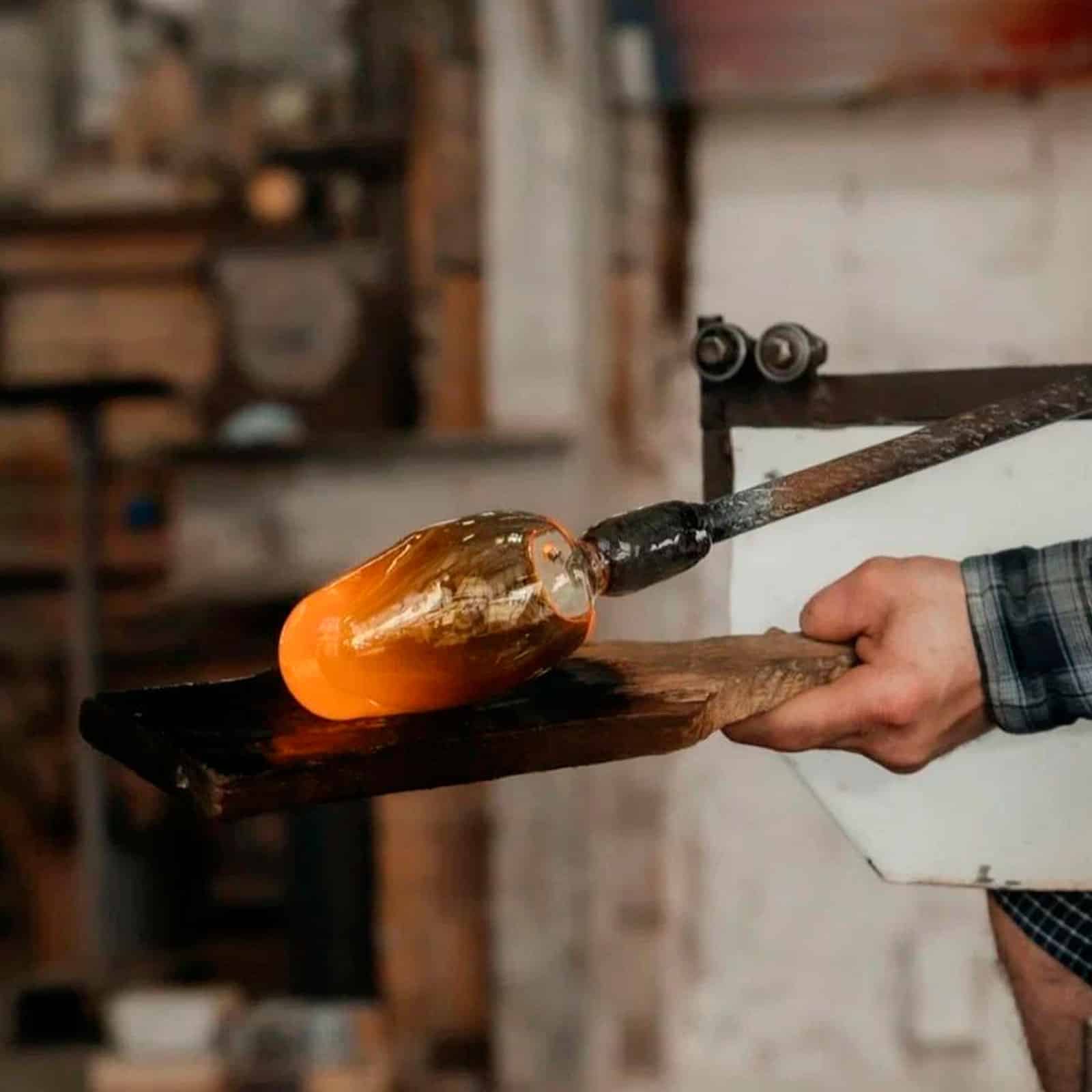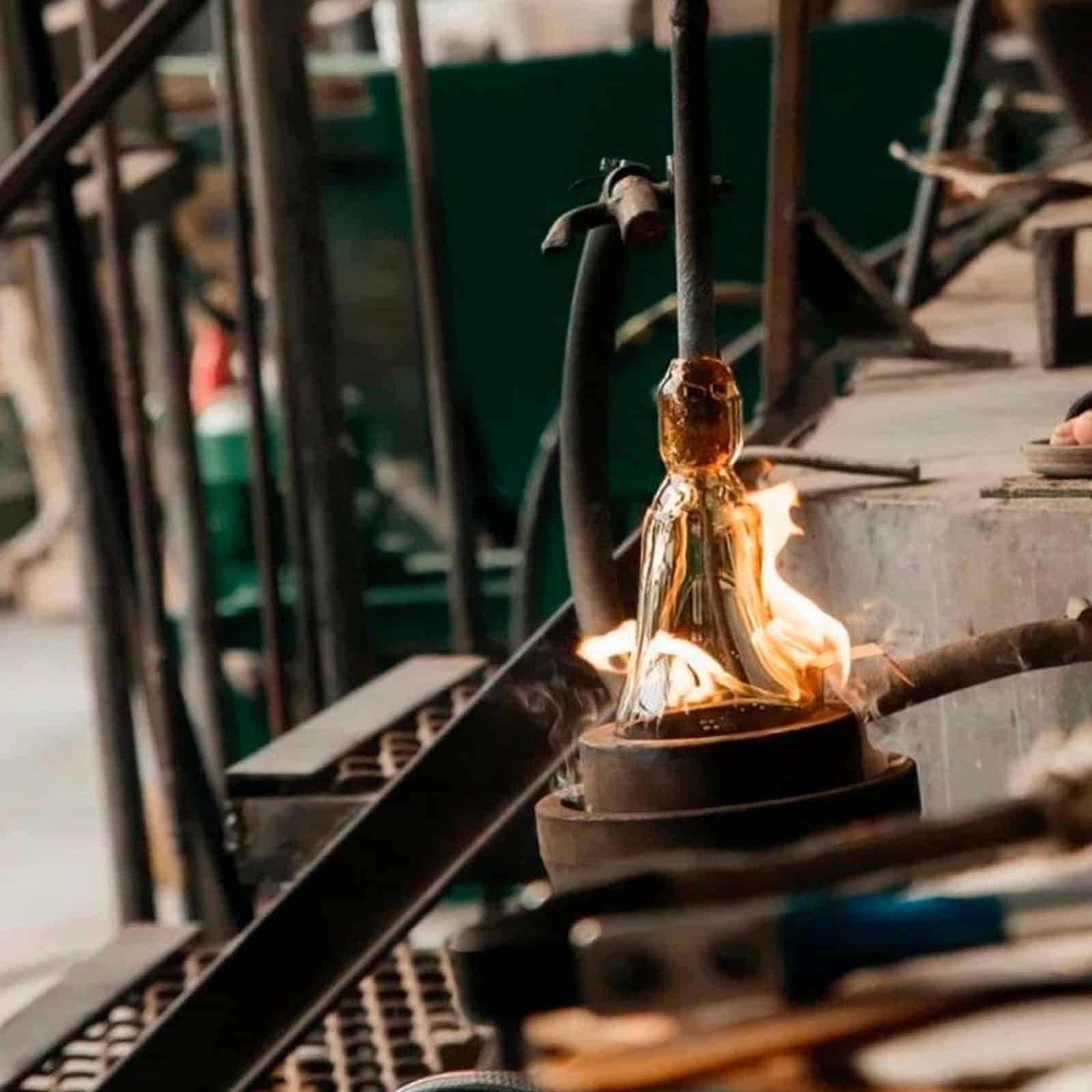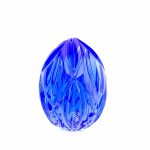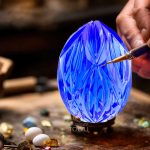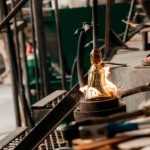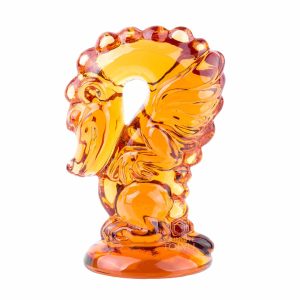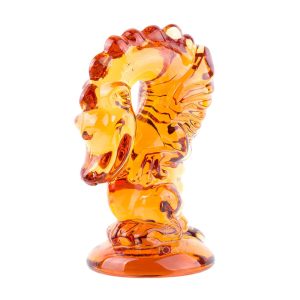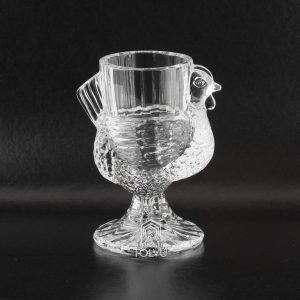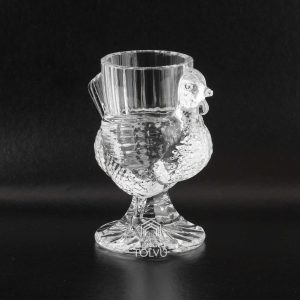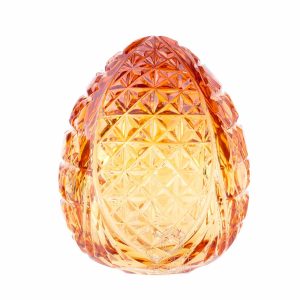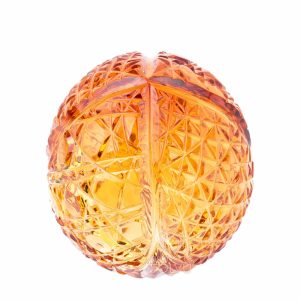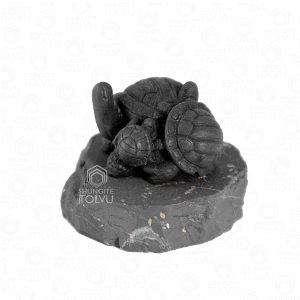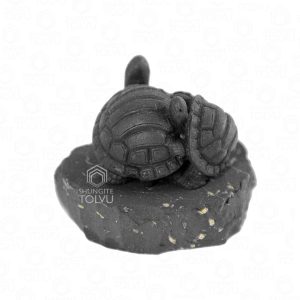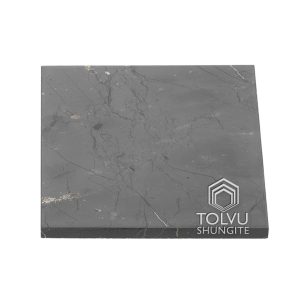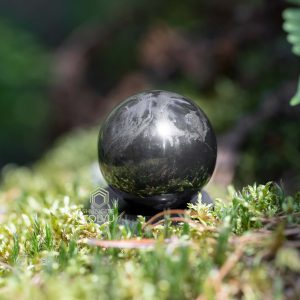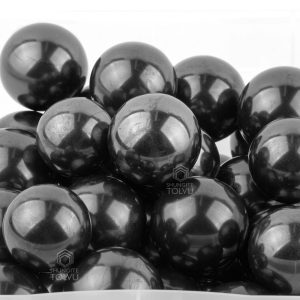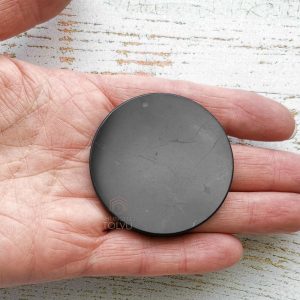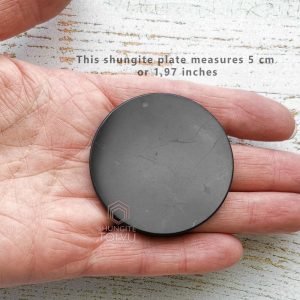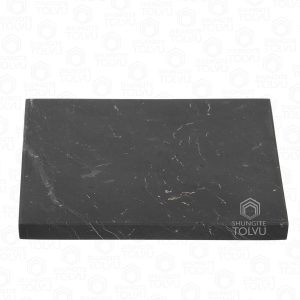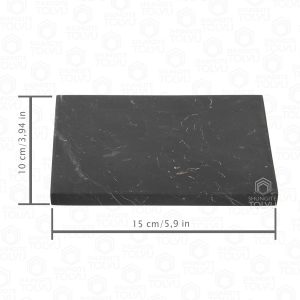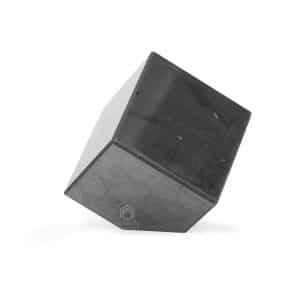
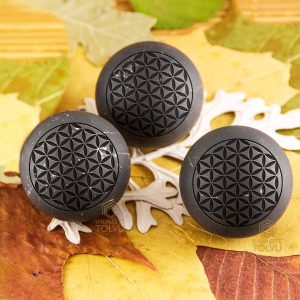
Blue Carved Crystal egg
46.08 $
Lead crystal eggt made of Cut Glass Crystal. Handmade Russian product from a private collection.
Dimensions is approximately: height 60 mm / 2,36 in, diameter: 45 mm/ 1,8 in, weight: 180 gr/0,4 lb . The egg is not hollow. The diamond cut pattern of the egg may vary slightly. Egg color may vary individually due to possible color distortions on computers or smartphones.
| Quantity | Price | Discount |
|---|---|---|
| 2 | 43.78 $ | 5% |
| 3 | 42.85 $ | 7% |
| 4+ | 39.17 $ | 15% |
You're only 35.00 $ away from Free Shipping!
Add more items to your cart to get free shipping.
In stock
The Enchantment of the Lead Crystal Egg: A Symbol of Elegance and Mystery
In the realm of decorative arts, the lead crystal egg stands as a testament to exquisite craftsmanship and timeless beauty. This ornate object, often associated with luxury and refinement, captivates collectors and enthusiasts worldwide.
Beyond its aesthetic appeal, the lead crystal egg embodies a rich tapestry of symbolism and history, making it a fascinating subject for exploration. This article delves into the allure of the lead blue egg, highlighting its origins, craftsmanship, and the unique place it holds in art and culture.
Origins and Symbolism
The tradition of gifting and displaying decorative eggs dates back centuries, with various cultures embracing the egg as a symbol of life, renewal, and fertility. The lead crystal egg, in particular, emerged as a coveted item of luxury, reflecting not only the skill of its creators but also the status of its owners.
Crafted from high-quality crystal containing lead oxide, these eggs are renowned for their brilliance, clarity, and weight, which distinguish them from ordinary glass.
The Art of Craftsmanship
Creating a lead crystal egg is a testament to the artistry and precision of skilled craftsmen. The process begins with the careful selection of materials, ensuring that the crystal mixture achieves the perfect balance of lead oxide for optimal refraction of light.
The molten crystal is then blown or cast into egg-shaped molds before being painstakingly cut, polished, and often embellished with intricate designs. The result is a sparkling object that catches the light in mesmerizing ways, drawing the eye and captivating the imagination.
A Collector’s Delight
For collectors, the lead crystal egg is more than just a decorative piece; it is a treasure to be sought, admired, and preserved. Many lead crystal eggs are limited editions or part of exclusive series, adding to their allure and value.
Collectors often display these eggs in curated cabinets or as part of elaborate tablescapes, where they can be appreciated for their beauty and craftsmanship. The thrill of the hunt for rare and unique pieces adds an extra layer of excitement to the world of crystal egg collecting.
- Aesthetic Beauty: Eggs often feature stunning designs, from intricate flowers to realistic animal and insect motifs. Their beauty is captivating, and they can instantly elevate the aesthetics of any space.
- Versatility: While traditionally used as paperweights, these miniature eggs have found their way into various settings. They can grace your desk, bookshelf, or even your dining table as part of your table setting.
- Symbolism: Just as eggs have carried symbolic meaning for centuries, eggs can hold personal significance for individuals. They can represent new beginnings, fertility, or simply serve as a reminder of the beauty of life.
Beyond Aesthetics: The Lead Crystal Egg in Culture
The lead crystal egg is not merely a decorative object; it also holds a place in cultural traditions and celebrations. In some cultures, gifting a lead crystal egg is seen as a gesture of love, friendship, and good fortune. During festive seasons, such as Easter, lead crystal eggs become symbolic centerpieces, reflecting themes of rebirth and renewal.
Moreover, the lead crystal egg has inspired artists and writers, featuring in tales of mystery and magic that captivate audiences of all ages.
The blue small crystal egg, with its luminous beauty and intricate design, continues to enchant and inspire. Its creation is a marriage of art and science, requiring skill, patience, and creativity.
As a symbol of elegance and mystery, the lead crystal egg transcends its material form, evoking a sense of wonder and admiration. Whether as part of a cherished collection or as a singular object of art, the lead crystal egg remains a testament to human ingenuity and the timeless allure of craftsmanship.
This small egg is made entirely of crystal and is not hollow, unlike the large glass paperweight blue hollow egg.
| Weight | 0.77 lbs |
|---|---|
| Dimensions | 2.91 × 2.91 × 3.78 in |
| Color |
Light Blue |
| Material |
Crystal glass |
| Size |
60 mm/2.36 in |
| Condition |
New |



